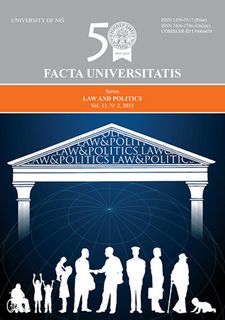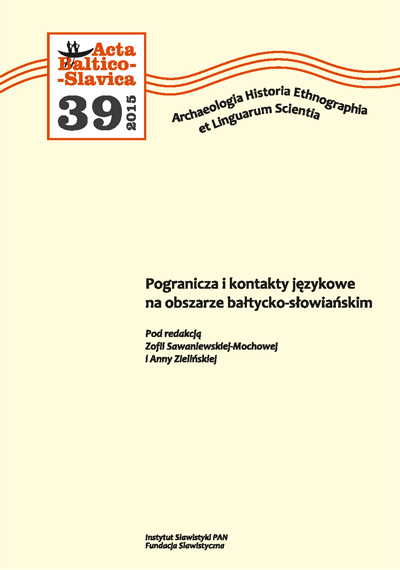Latvian dialects in the 21 century: old and new borders
Author(s): Anna Stafecka / Language(s): English
/ Issue: 39/2015
Keywords: dialectology; sociolinguistics; Latvian dialects
Although historical regional dialects are still relatively well preserved in Latvia, nowadays one can no longer speak of dialects and sub-dialects in the traditional sense because, due to changes of administrative borders, the traditional sub-dialects ares ubject to attrition and gradual loss. In particular, the contact zone of Central and High Latvian dialect has changed markedly. e border of High Latvian dialect has moved to the east. Since 2013, a project “Latvian Dialects in the 21 Century: a Sociolinguistic Aspect” is being carried out in order to gain an insight into contemporary Latvian dialect situation, analyzing at least three sub-dialects in each dialect. However, we can speak of dialect borders in another aspect. For instance, the borders between the preservation of dialectal features and the impact of standard language, as well as the borders of maintenance of sub-dialectal feature among the speakers of different age groups. Attention is also paid to the use of sub-dialects in central and peripheral parts of territories. The first research results showed that people who live further from the centre use the sub-dialect more often - especially in communication with family members (including the younger generation), relatives and neighbours. The preliminary results show a different situation among dialects. In the subdialects of the Middle dialect, which is closest to Standard Latvian, the borderline between sub-dialect and standard language has almost disappeared, since the informants practically do not feel any difference between them.
In the Livonianized dialect, there are several features that are still more or less present in the speech of all generations – generalization of masculine gender, reduction of word endings, etc. However, in this dialect, too, the language used by younger speakers is gradually losing the dialectal features. The situation differs in various sub-dialect groups of High Latvian dialect. The Selonian sub-dialects spoken in Zemgale show traces of dialectal features; they are found mainly in the speech of older generation. The Latgalian sub-dialects in Vidzeme are mainly spoken by older respondents and usually among family members; while in public spaces the sub-dialects practically cannot be heard. However, many dialectal features have been retained in the speech of middle and even younger generations. e most stable are the sub-dialects spoken in Latgale because of their use not only in everyday speech but also in cultural activities. e presence of the Latgalian written language, too, helps to maintain local sub-dialects; it is also used in Roman Catholic church services in Latgale. In Latgale, the sub-dialects are spoken by all generations. However, the younger people sometimesuse the standard language to communicate among themselves.is study provides new facts and might be the basis for further research. It might allow to predict the development of native language and its dialects as an important component of national and local identity respectively. Comparative analysis of material acquired at different periods allows us to conclude which dialectal features are more viable and which are more likely to change and disappear.
More...


